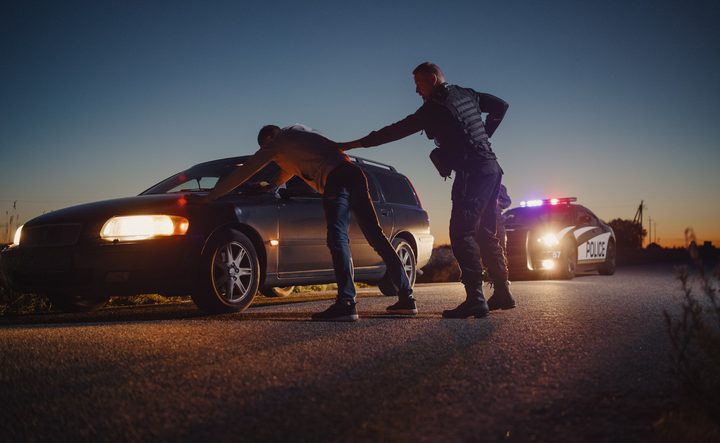When most people think of roadway collisions, they picture car-on-car accidents. But when a large commercial truck is involved, the entire situation changes. Truck accidents are far more complicated than typical car crashes, especially in places like Denver where interstate traffic, mountain passes, and heavy commercial routes all intersect. Understanding these differences is key to knowing why victims of truck accidents need strong legal representation.
Size and Severity Matter
One of the most obvious differences between a truck accident and a car accident is size. A fully loaded semi-truck can weigh up to 80,000 pounds, compared to an average passenger vehicle that weighs about 3,000 pounds. This weight difference means that crashes involving trucks often result in catastrophic injuries or fatalities.
According to the National Safety Council, large trucks account for 9% of all vehicles involved in fatal crashes, even though they make up only 5% of all registered vehicles. The disproportionate danger underscores why truck accidents deserve special attention.
Federal and State Regulations
Unlike passenger cars, commercial trucks are subject to both federal and state regulations. The Federal Motor Carrier Safety Administration (FMCSA) sets strict rules about driver hours, rest breaks, maintenance standards, and cargo limits. These rules exist to reduce driver fatigue and prevent accidents caused by overworked or poorly trained operators.
Colorado also imposes additional regulations on trucks traveling through mountain passes, requiring special braking systems and even designated runaway truck ramps. These regulatory layers make determining fault in a Denver truck accident much more complex than in a typical car crash.
Insurance and Liability Are More Complicated
Car accident claims usually involve two drivers and their insurance companies. Truck accidents, on the other hand, can involve multiple parties:
- The truck driver
- The trucking company
- The vehicle’s owner (if leased)
- The manufacturer of the truck or its parts
- Cargo loaders or shippers
Because of these factors, determining liability is often a complex investigation. The Insurance Institute for Highway Safety (IIHS) notes that truck crashes frequently involve multiple vehicles, adding layers of legal and insurance disputes.
Evidence Is More Technical
In a typical car accident, evidence may consist of witness statements, police reports, and photographs. With truck accidents, evidence gathering is far more technical. Lawyers often need to examine:
- Electronic logging devices (ELDs) that record hours of service
- Black box data showing speed, braking, and engine performance
- Maintenance and inspection records
- Cargo weight and loading information
This data can reveal whether the driver was fatigued, if the truck was overloaded, or whether equipment failure played a role. Without experienced legal help, crucial evidence can be lost or overlooked.
Injuries and Recovery Costs Are Higher
Because of the force involved in truck crashes, victims often suffer life-altering injuries such as traumatic brain injuries, spinal cord damage, or permanent disability. According to the Centers for Disease Control and Prevention (CDC), motor vehicle crashes remain a leading cause of injury-related deaths and long-term disabilities in the U.S.
Medical costs, rehabilitation, and lost wages in truck accident cases are often significantly higher than in car accidents, making it essential to secure fair compensation.
Why These Differences Matter in Denver
Denver’s highways—such as I-25, I-70, and E-470—are major trucking corridors that see a constant flow of commercial traffic. Add in Colorado’s unpredictable weather and steep grades, and the risks multiply. What might be a fender-bender between two cars can quickly turn into a devastating crash when a semi-truck is involved.
That’s why victims of truck accidents in Colorado cannot rely on the same strategies used in car accident claims. Specialized knowledge of federal trucking laws, access to technical evidence, and the ability to challenge well-funded trucking companies are critical.
Protecting Your Rights After a Truck Accident
While car accidents are serious, truck accidents introduce complexities that require a higher level of legal experience. From the severity of injuries to the maze of liability, these cases are not something to handle alone.
If you or a loved one has been hurt in a collision with a commercial vehicle, you need an attorney who understands the unique challenges of truck accident litigation in Colorado. For victims of accidents in Denver , the right legal guidance can make all the difference in securing justice and fair compensation.





